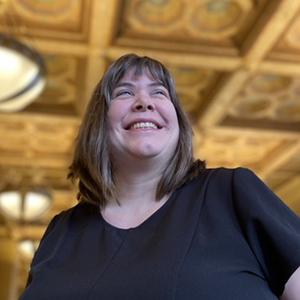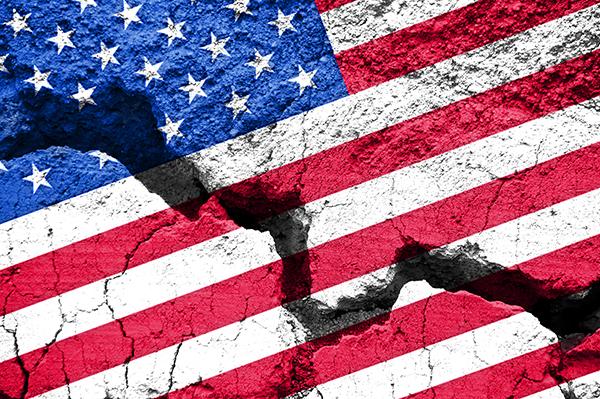by Sara Ring
Quick Summary
I attended the webinar “Libraries Transforming Communities: Models for Change,” offered by the American Library Association and the National Coalition for Dialogue & Deliberation. This was the first webinar in a free learning series that explores different dialogue facilitation approaches and positions librarians to foster conversation and lead change in our communities.

I attended the webinar “Libraries Transforming Communities: Models for Change,” offered by the American Library Association and the National Coalition for Dialogue & Deliberation. This was the first webinar in a free learning series that explores different dialogue facilitation approaches and positions librarians to foster conversation and lead change in our communities.
Mary Davis Fournier from the ALA Public Programs Office kicked off the webinar with an introduction to the program series, stating that if libraries have the community engagement tools they need to bring disparate voices together and lead change, then we will have stronger communities. The public libraries serving large urban populations webinar series starts in March, and the Academic Libraries series is scheduled for September-November 2017. Visit the website to learn about all the offerings.
Cindy Fesemyer from Columbus Public Library in Wisconsin presented next, and spoke about how this was useful to their library. When asked “why should the library get involved in transforming their community?” her response was “if not us, then who is going to do it?” Who else has the infinite trust like the library? We know what people want in our communities and the challenges they face. The benefit may not be immediate, but we can help foster meaningful change in our communities. Having community dialogues gives us the opportunity to stay relevant in the community.
Columbus Public Library held a series of community conversations where about 140 people attended 12 different sessions. One question they asked was “what kind of a community do you want?” They also built a “Root for Columbus” tree that traveled around and people could hang their answers to the question on the tree. The citizens of that community responded that they want a vibrant and welcoming community for all, they are concerned people don’t work well together, there is a lack of boundary-crossing in social interaction, and there is a lack of activities to do for kids and families. The library also held two “Root for Columbus” action potluck events. The group did a lot of blue-sky brainstorming, and then broke those ideas down into projects the community could do. As a result, the library is starting to see citizen-led projects begin, the process has given the library a seat at the table, and the library is known and respected for bringing people together.
The next presenter, Courtney Breese (National Coalition for Dialogue & Deliberation) gave a whirlwind tour of various dialogue & deliberation techniques that will be used by various cohorts (large public, academic library, and small & rural library) in the training series. A chart was introduced that listed four engagement streams, key features of each, and the suggested dialogue and deliberation process/method to use. Here are the four types of engagement listed in the chart:
- Exploration: Encourage community to learn more about themselves or an issue.
- Conflict Transformation: Resolve conflicts, foster healing, improve relationships among groups.
- Decision-making: Influence public decisions and public policy.
- Collaborative action: Empower people and groups to solve complicated problems and take responsibility for solutions.
So, for example, if you want to encourage your community to learn more about an issue, it would fall under the “Exploration” engagement stream. You might choose to look at using either the Conversation Café or World Café method (see chart) to get that type of engagement. The Conversation Café has community members explore current issues or philosophical topics in small groups. No actions come from the dialogue, but people come away with a better understanding of other people’s viewpoints. Using World Café, you can have dialogues with others in several small groups, it increases empathy and understanding, and this method can also be used to boost creativity.
There was much more discussed, so if you’re interested in leading more community dialogues at your library, check out the webinar recording, or sign up for one of the upcoming webinar series.
- LTC website
- NCDD Resource Center
- #librariestransform

